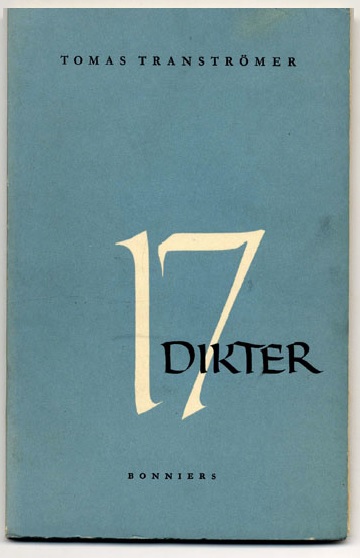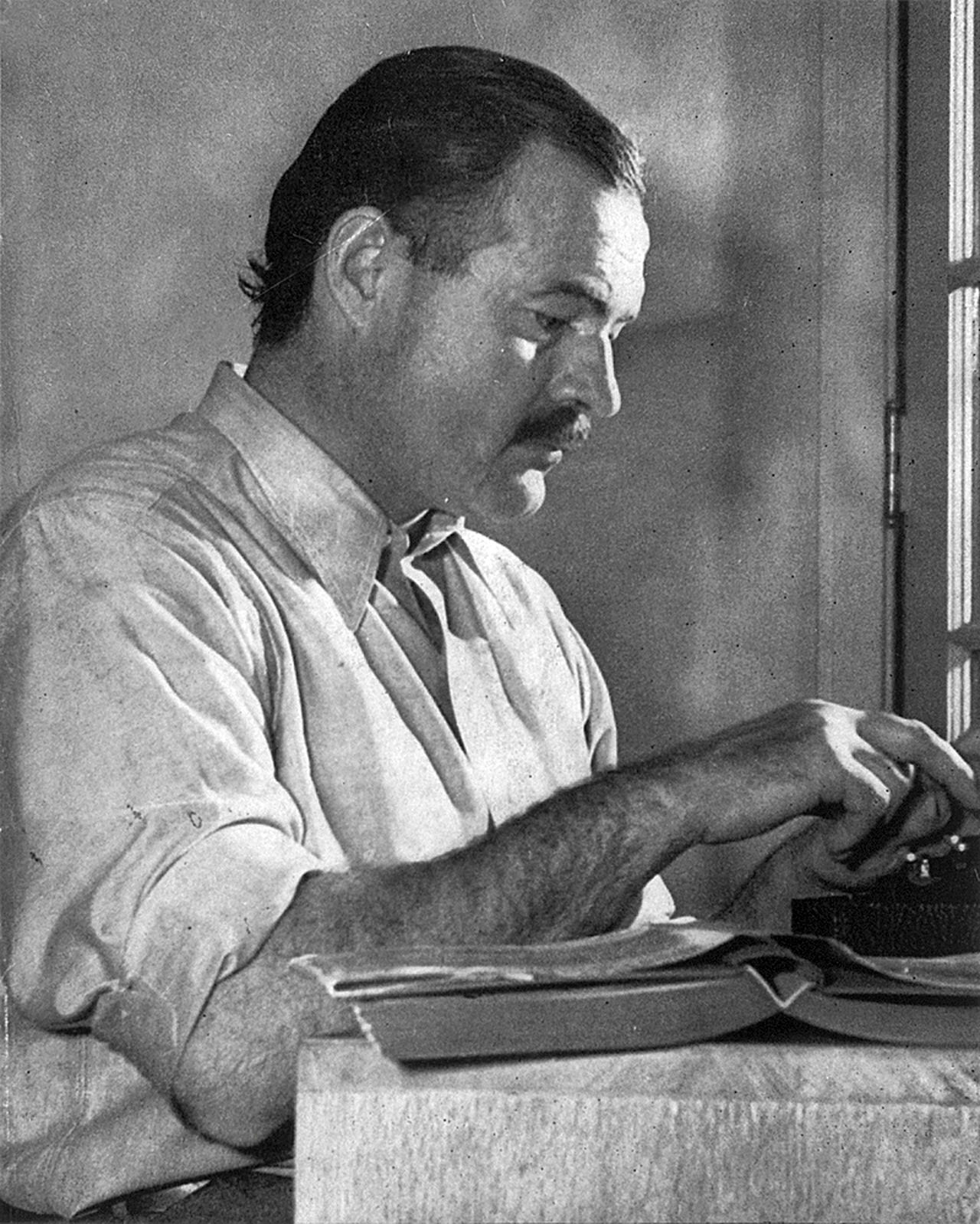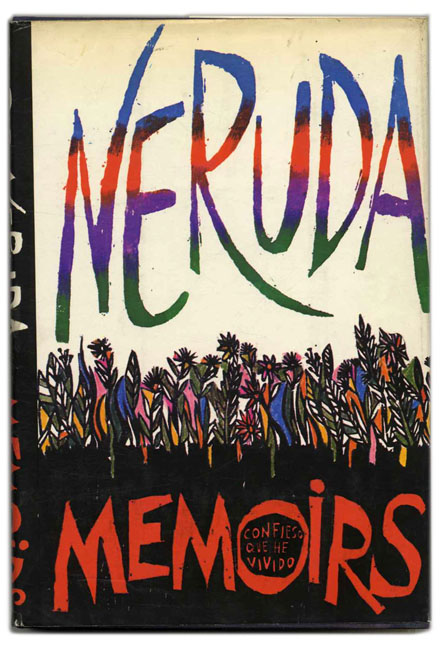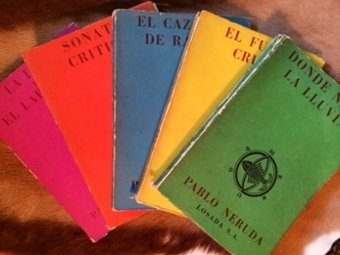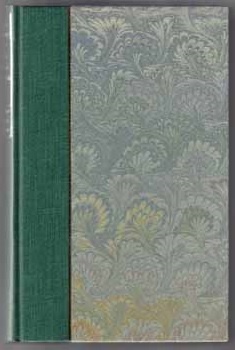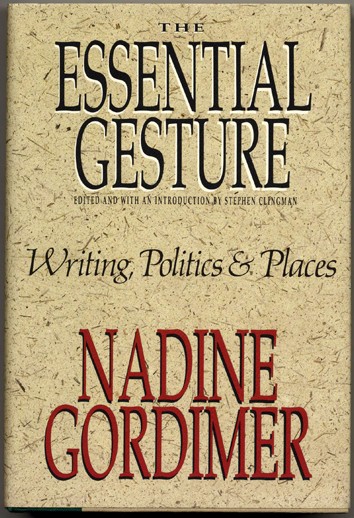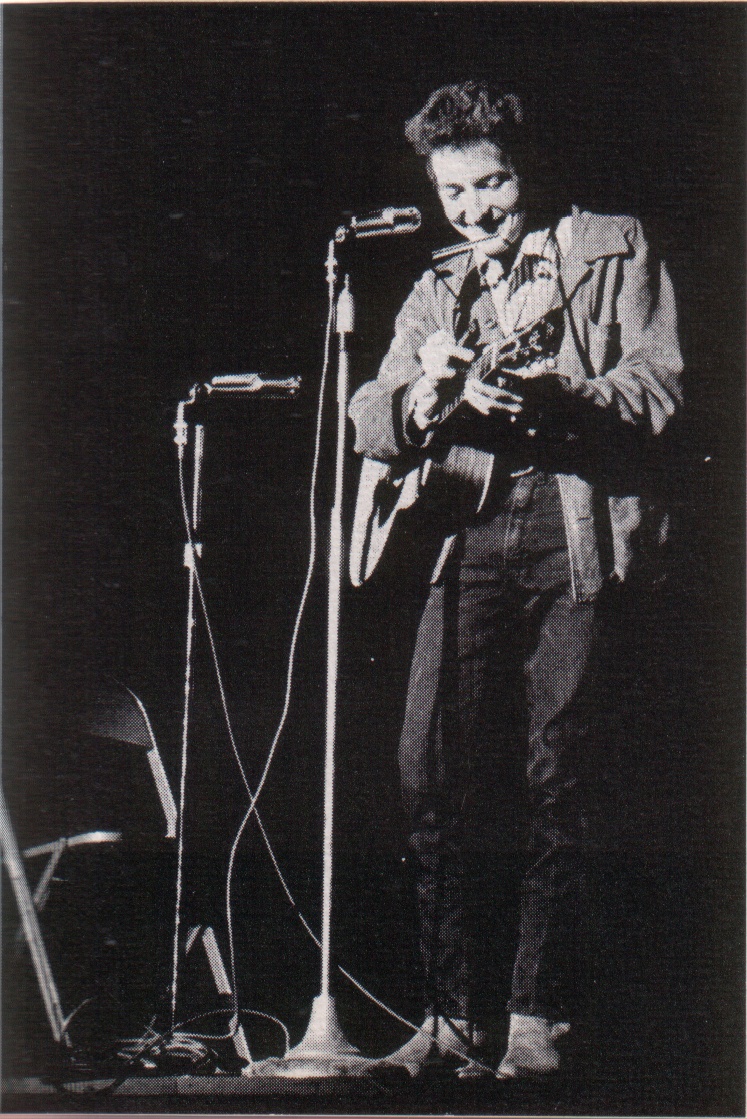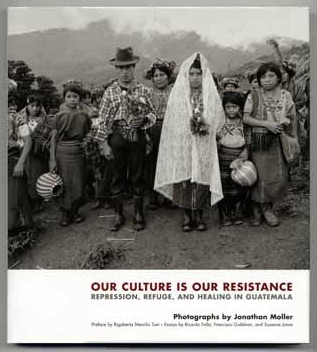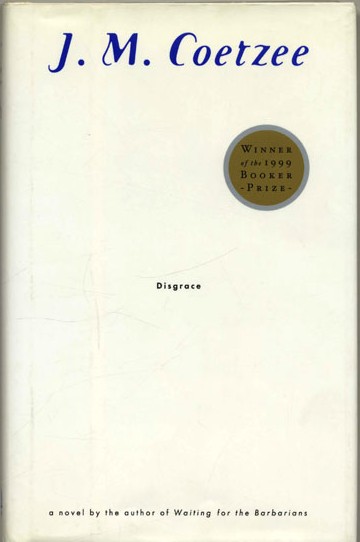To call him Sweden’s most beloved Renaissance man would be something of an understatement. A world-renowned poet, translator, psychologist, and thinker, Tomas Tranströmer dedicated his life’s work in one way or another to the exploration of who we are and why we’re here. Whether through one of his major literary publications or his psychological work at the prestigious Roxtuna Center for juvenile offenders, Tranströmer strived for a deeper understanding of the human condition and the beauty of the routine, rote moments in everyday life.
us toll free: 1-800-948-5563 international: +1 (843) 849-0283 UK: +44 (0) 1334 260018




